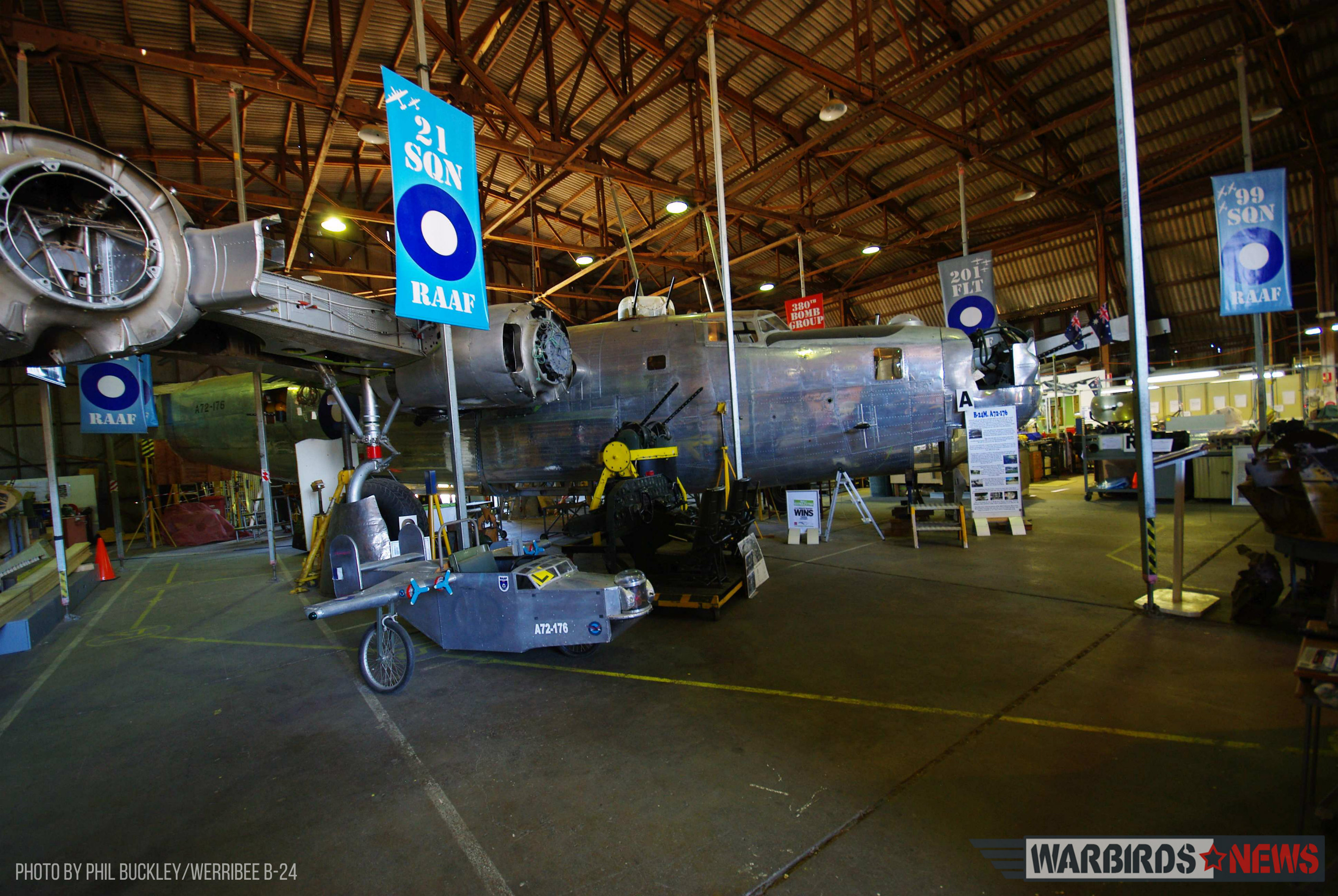
By Austin Hancock – From a report of Phil Buckley and photos by Dave Miller.
Werribee, AUS – B-24 Liberator A72-176 is continuing to progress nicely through a static-display restoration. Since our last update, many notable tasks have been accomplished to round-out the 2016 calendar year. Our “man on the ground,” project member Phil Buckley has sent along the following notes.
Work on the fuselage focused on refurbishing the saddles, and re-installing them. This was no easy task, as access to the saddle positions is quite sparse. The bomb-bay doors are now fitted, and operational (a very exciting feature of the restoration) after months of restoration. The operation of the doors is made possible by manual input via a new cable system. Work on the hydraulic and oxygen system is ongoing.
What good is a heavy-bomber without some “sting?” The Werribee crew understands this well, as they continue to add as much original armament back into the Liberator as possible. Work is ongoing to restore the rear-turret plexiglass shell, along with the plexi side-blisters. The front/nose turret was amended to fix clutch mechanism issues. The controls on said turret are now functional. Of course, the team must also give note to the payload this B-24 carried. Hence, they are “desperately need(ing) a bomb control quadrant if you have one to spare,” says project secretary Judy Gilbert. Once acquired, this quadrant will accompany bomb aiming and release mechanisms which have already been installed on the forward bomb-bay racks.
The controls and flight-surfaces have gotten some TLC in 2016, as well. The pilot’s trim-tab control housing and mechanism was rebuilt and installed in the cockpit. Along with trim, the cockpit has also seen work commence on the instrument panel and radio operator’s position. In fact, the radio op’s table and radio have both been fitted. Further back in the fuselage, flight control cables have been “run” through the bomb-bay, and work will continue on this.
Wings have been tinkered with, as the port-underside of the center-wing panel was re-skinned to accept new hardware and access panels. The number 4 engine has also seen a new nacelle rebuilt. In terms of electrical work, the B-24 now has internal lighting in the fuselage. Also, components were put in place on the main bus. The navs lights have been installed atop and below the fuselage, with the wiring now running back to the cockpit.
Seem like a lot to digest? It is, considering that a motley crew of 20-25 men, averaging over the age of 70, work only 2 days a week on the B-24. The effort does not stop here, as the team plans to focus on re-installing the saddle, continuing the electrical outfit, and progress on hydraulic piping. In addition to the above, in the next 12 months, the team would like to continue work on the wing, as so that final inspection can occur by 2017’s end.
Thank you to Phil Buckley, Judy Gilbert, John Morrissy, and Dave Miller for the information provided in this article. For further information on the B-24 Liberatior project please visit their site HERE.








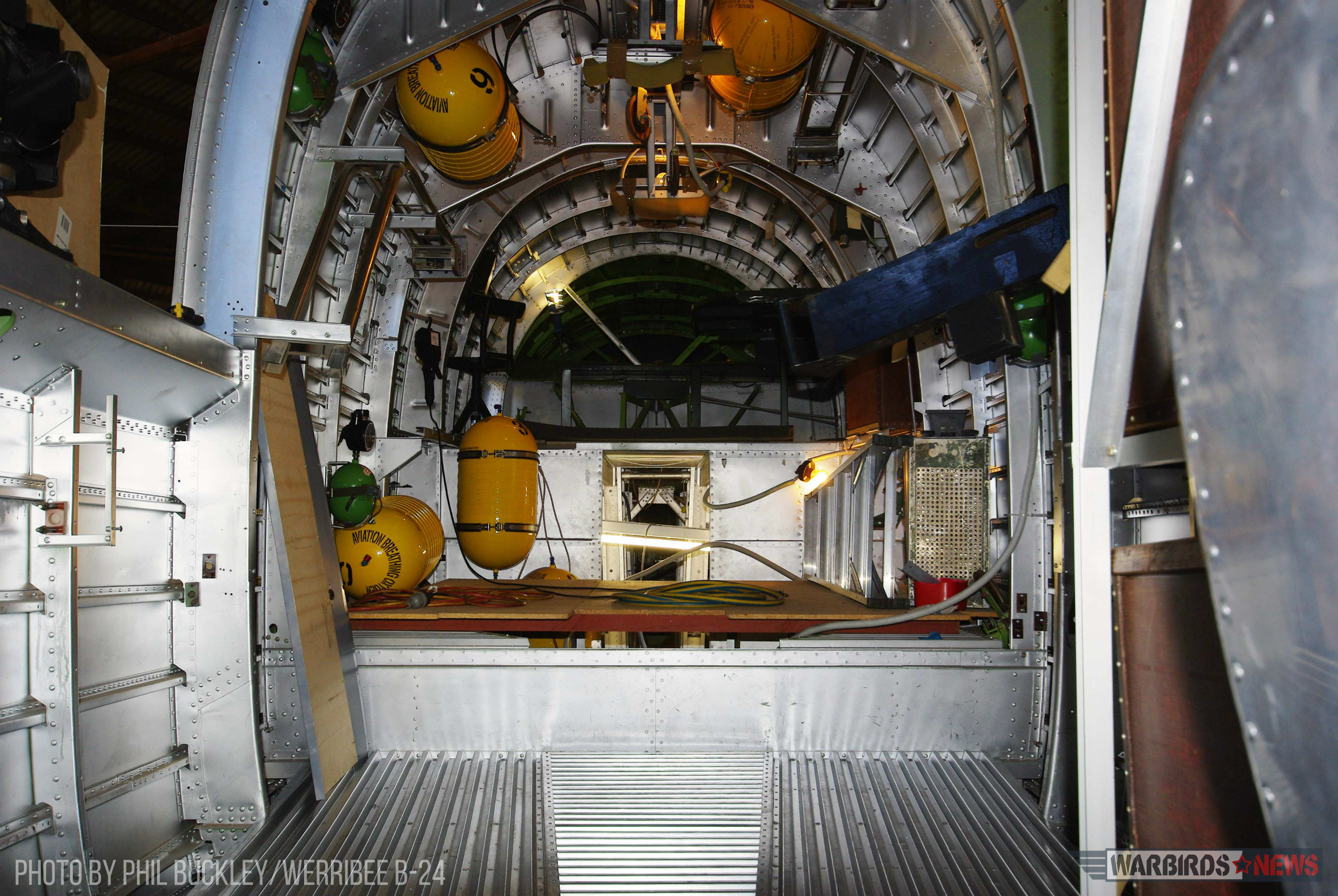
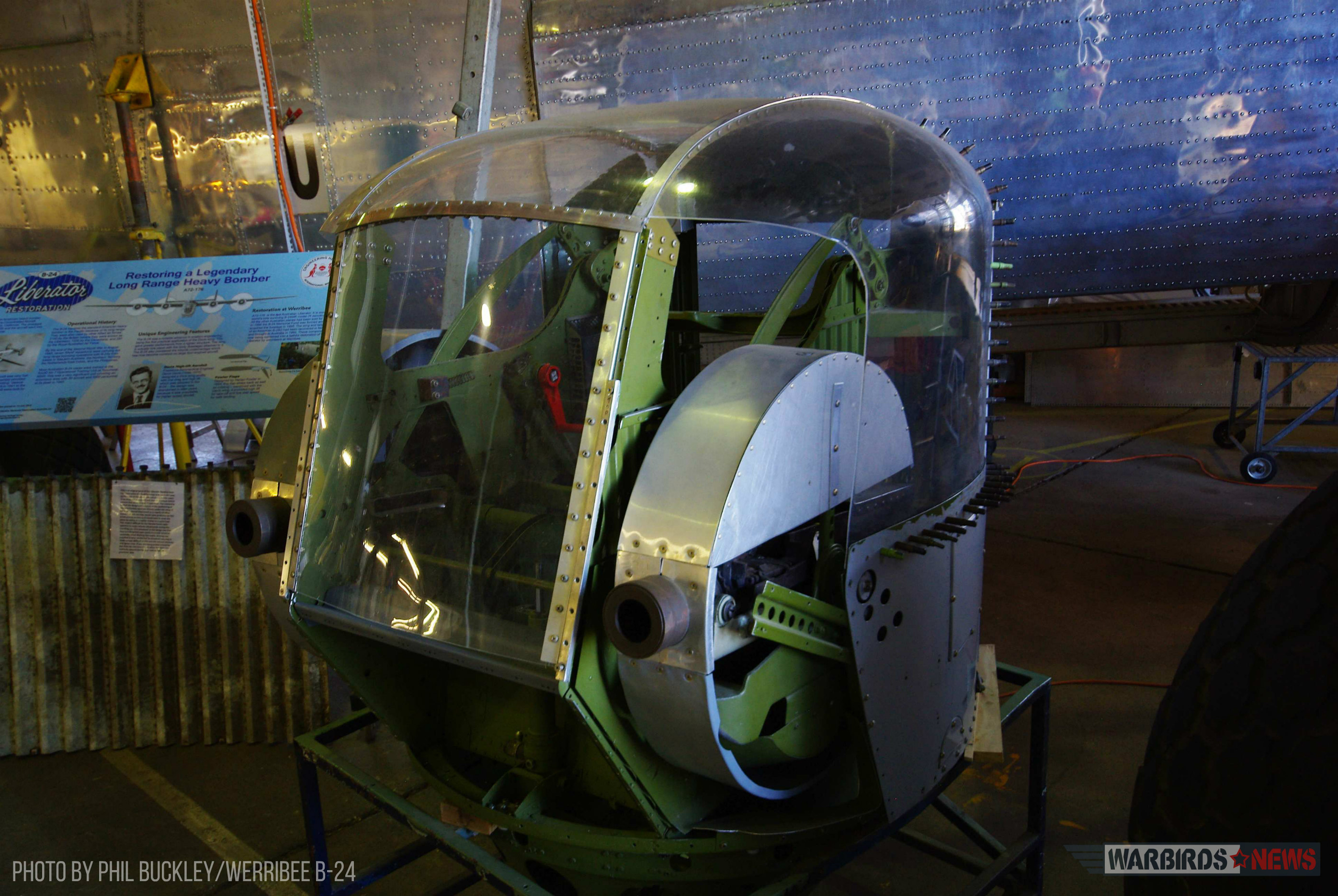
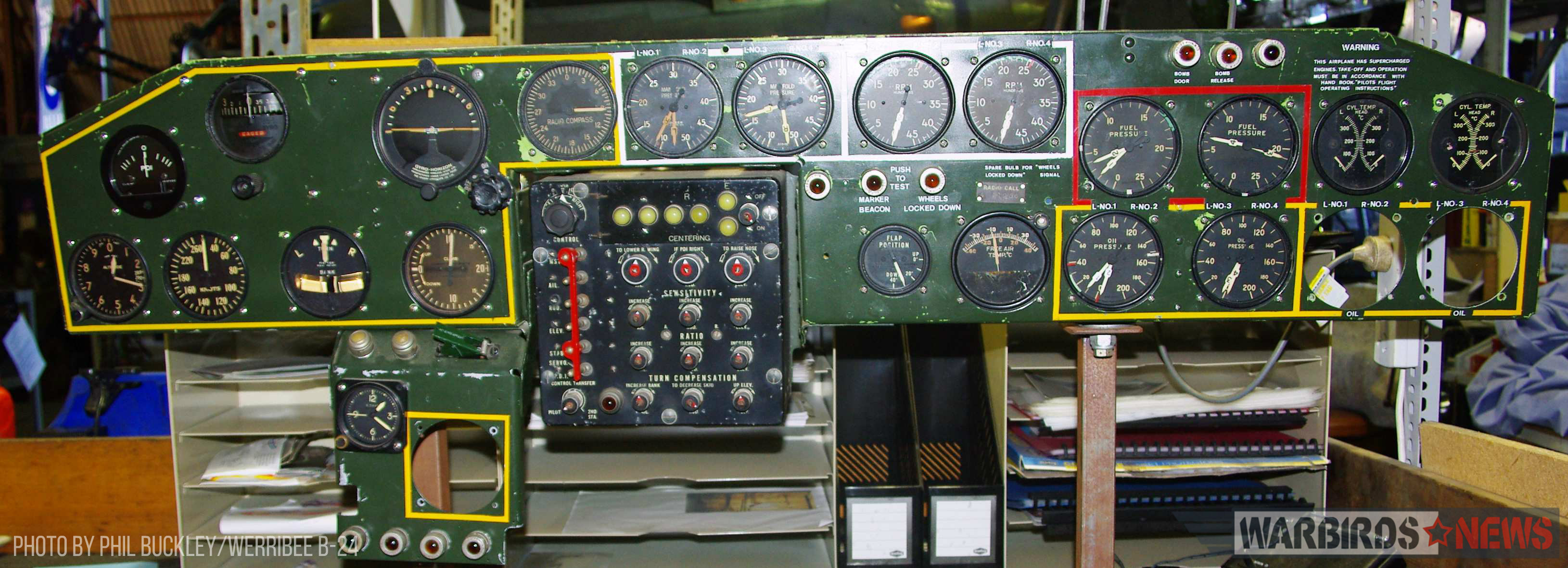
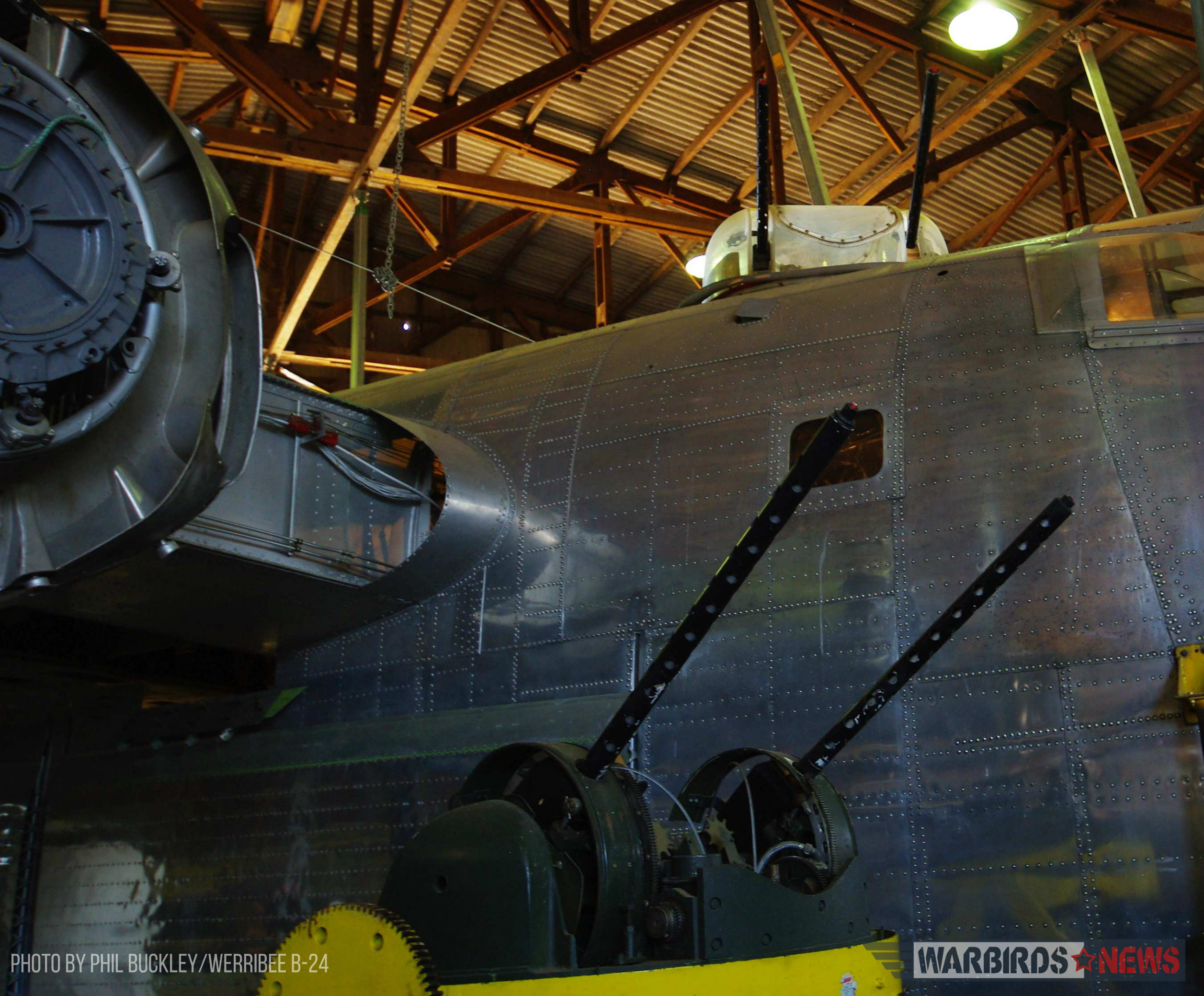
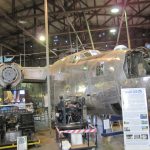
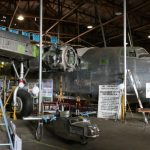

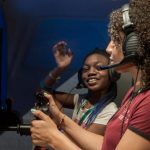

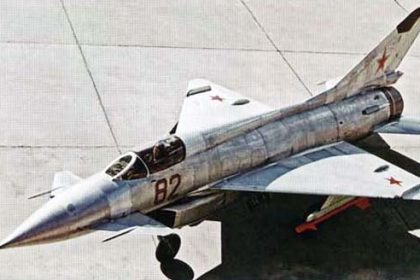
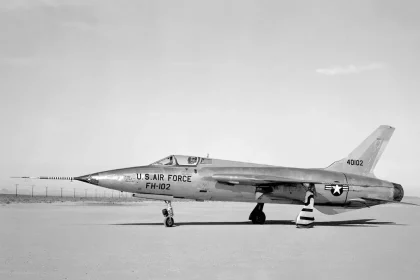
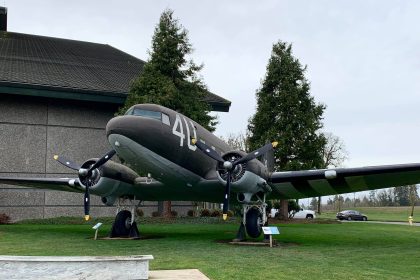
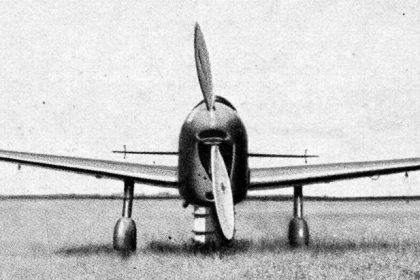
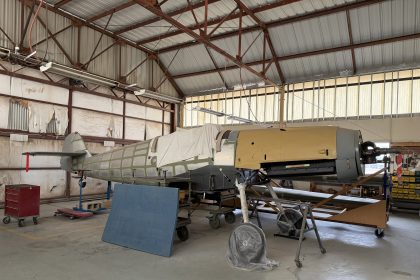

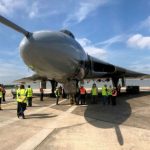
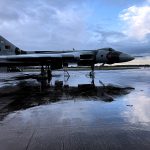
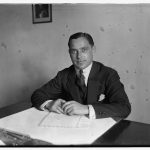
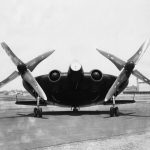
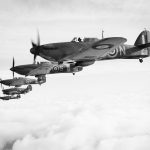


Excellent piece. Look forward to future updates.
I have a bombardiers bomb selection panel. Brand new. Do you still need one?
Mike, you should contact the museum directly > http://yankeeairmuseum.org/rescue/
Mike,
Sorry for the response time delay.
Yep, we still need one.
Can you send a photo for our info.
Do you want to sell or trade?.
Dave Miller,
Liberator Memorial,
Werribee,
Australia.